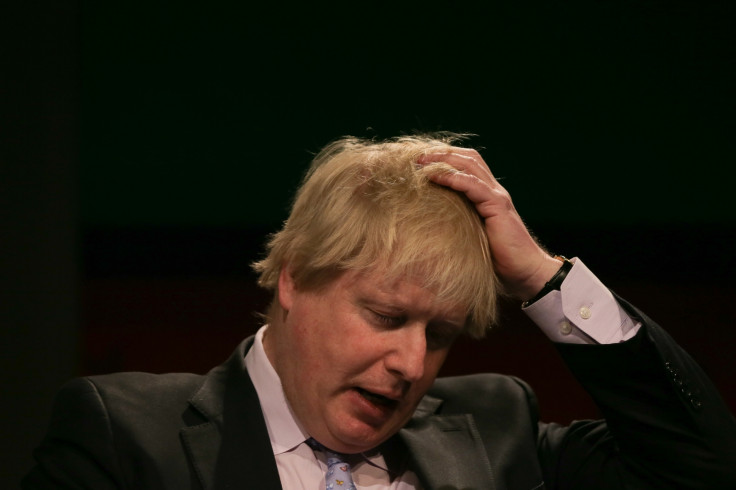Jeremy Corbyn and Boris Johnson poised to lose their seats in parliament amid boundary review
The new seats are hoped to reduce the costs of parliament to the taxpayer.
Several big names in parliament face a fight with their own party colleagues to get back into the House of Commons amid the latest review of constituency boundaries, which suggests cutting 50 seats. The latest proposals are from the Boundary Commission, which is tasked with reducing the number of MPs from 650 to 600.
Scaling down the size of parliament was approved by MPs back in 2011, but it remains uncertain if they will back the new suggested boundary changes. If the changes take place, the new constituencies would be fought for at the next general election, which is currently billed for 2022.
A number of MPs could see themselves out of a job come the next election if the changes are approved. Among the most high profile people affected by the review is Labour leader Jeremy Corbyn, whose Islington North seat - held by him since 1983 - would be scrapped and consumed by the neighbouring seats of Camden, Finsbury Park and Islington South.
Meanwhile, Boris Johnson's seat in Uxbridge and South Ruislip would also be threatened as strong Labour wards - Northolt Mandeville and Northolt West End - are added to the redefined Hillingdon and Uxbridge seat, with traditionally Tory wards removed.
The Brexit Secretary David Davis's Humberside seat of Haltemprice and Howden is also at risk. His seat is, according to the Electoral Reform Society, the second safest seat in the country. But under the proposals, a large chunk of the neighbouring Kingston-upon-Hull seat would become part of Davis's constituency. This poses a problem for Conservatives because the Hull seat is a safe Labour area.
Despite all these possible ramifications to dozens of MPs across the country, the plans may not get the green light. The Conservative party alone does not have a majority in in the House of Commons. Its government is held up by support from MPs in Northern Ireland's DUP, which voted against previous boundary plans in 2013. Those Tories facing the axe under the boundary review may rebel in a vote.
The boundary review is an attempt to reduce costs and to equalise the size of seats so that most constituencies have a similar number of voters. With a few exceptions for geographic reasons, all seats would have between 71,031 and 78,507 voters.
Possible 2022 seat changes
- England- 501 (down from 533)
- Scotland- 53 (down from 59)
- Wales- 29 (down from 40)
- Northern Ireland- 17 (down from 18)
(Boundary Commission)







